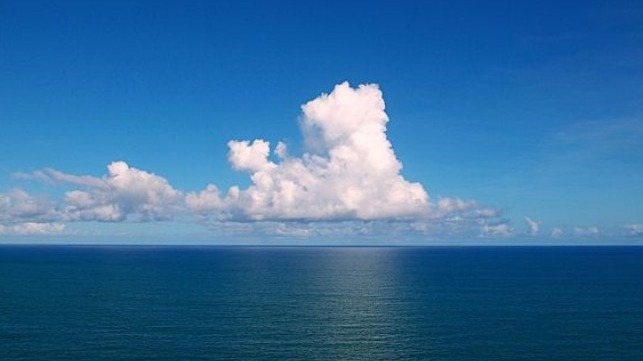International Court Says States Must Protect Oceans Against Climate Change

An international tribunal under the auspices of the United Nations issued a first-of-its-kind ruling that finds countries are legally obligated to take all necessary actions to prevent marine pollution tied to greenhouse gas emissions. While not legally binding, environmentalists are still hailing it as a profound decision following the June 2023 adoption of the UN High Seas Conservation Treaty and another step to force governments to respond to the damaging effects of climate change.
The case was brought before the International Tribunal for the Law of the Sea by the Commission of Small Island States on Climate Change and International Law. The effort was led by Tuvalu in the Pacific and Antigua and Barbuda in the Caribbean. Small island nations have long argued that they are at the forefront of climate change, rising ocean levels, and changes in ocean temperatures. They have taken aggressive stances at other meetings such as the International Maritime Organization.
The Commission went before the ITLOS in December 2022 asking the tribunal to rule on the specific obligations of parties to the UN Convention on the Law of the Seas. A total of 169 member states are party to the treaty, but not the United States. The International Tribunal for the Law of the Sea is an independent judicial body established by the 1982 United Nations Convention on the Law of the Sea. It has jurisdiction over any dispute concerning the interpretation or application of the Convention, and disputes relating to issues such as delimitation of maritime zones, navigation, and conservation. It is the body that rules on disputes such as the 2022 seizure of the tanker Heroic Idun and her crew by
Equatorial Guinea.
This case specifically asked the Tribunal to rule on obligations to preserve, reduce, and control pollution of the marine environment resulting from climate change. They cited issues such as ocean warming, sea level rise, and ocean acidification caused by greenhouse gas emissions. Also, they asked for a ruling on the obligations to protect and preserve the marine environment.
The panel decided unanimously that it has jurisdiction under the UN Convention and sided entirely with the small island states. Reading out the opinion, Judge Albert Hoffman of South Africa cited the articles of the Convention that oblige member states to take all necessary measures to prevent, reduce, and control marine pollution including from GCG emissions. He said they found the parties to the convention have a specific obligation to adopt laws and regulations as it relates to preventing marine pollution. Member states are also required to enforce laws and regulations to prevent pollution.
Lawyers for Tuvalu hailed the ruling saying it was what they had asked for while a representative for the Bahamas said the “oceans can breathe a sigh of relief.” Antigua and Barbuda, for example, had argued before the tribunal that rising ocean levels meant that in one to two generations their homeland might become uninhabitable. Some island nations already point to the significant loss of lands.
This is the first of several cases that are now pending before the international legal system with another set to go before the International Court of Justice. The European Court of Human Rights has already ruled that the EU has a legal obligation to take steps to protect against the effects of climate change.
The smaller island states are expected to continue their efforts, including pressing the IMO, to take more action. They are demanding faster actions as environmental regulations are formulated for shipping and other segments in response to emissions and the threat to the global environment.
No comments:
Post a Comment